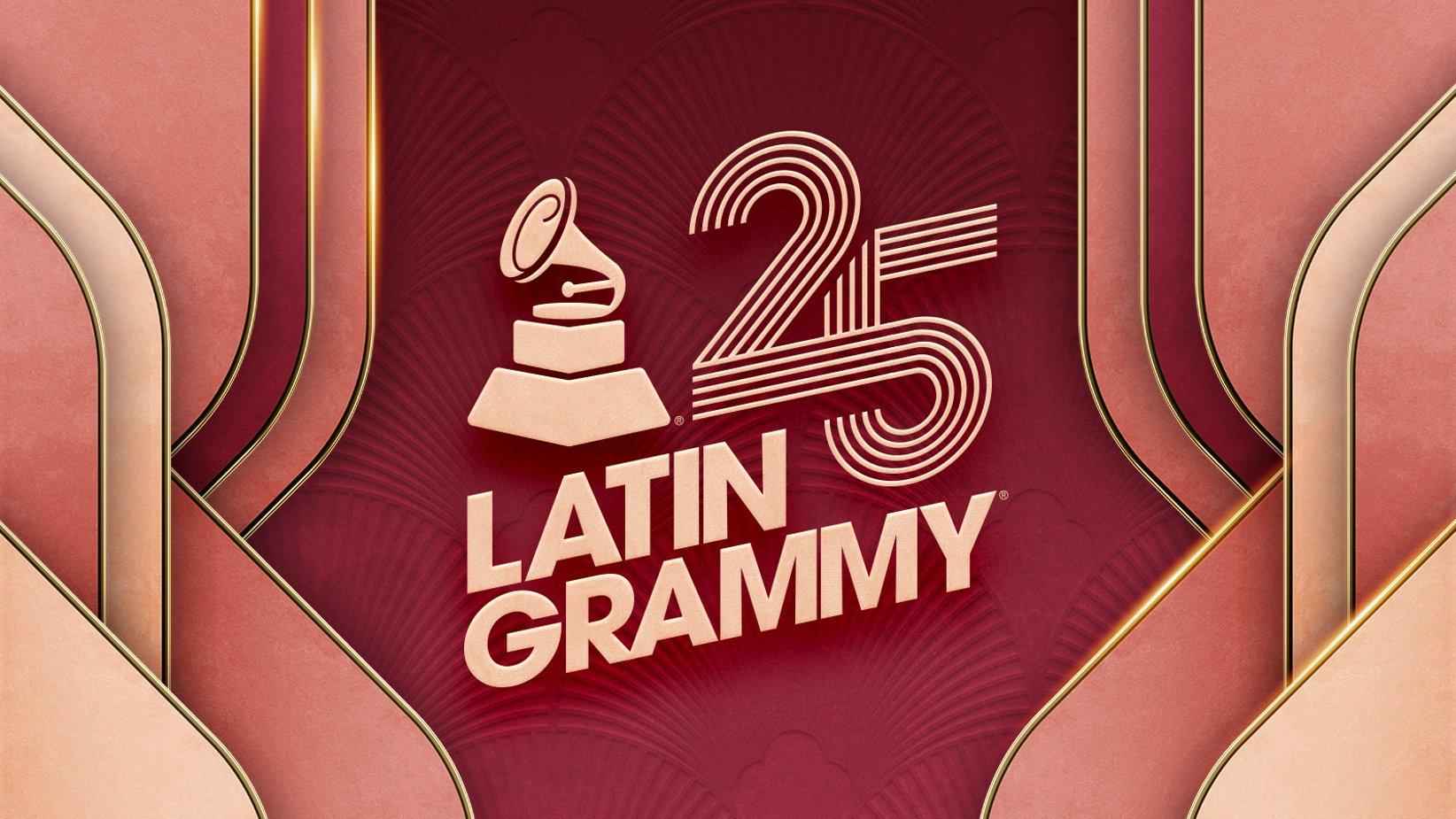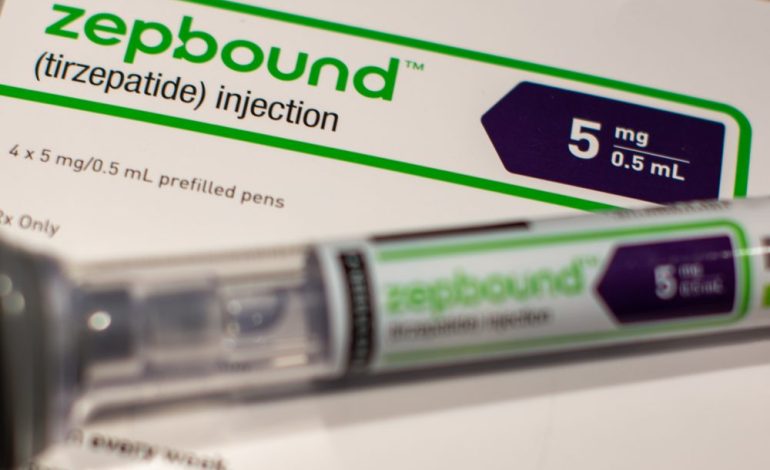The Food and Drug Administration (FDA) has decided to review its recent decision to remove popular weight-loss and diabetes drugs, including tirzepatide, from the national shortage list, a move that will allow compounding pharmacies to continue producing lower-cost, off-brand versions of the drugs for now, Ars Technica reports.
The FDA’s shift comes after a trade group representing compounding pharmacies sued the agency, arguing that a shortage of the drugs still exists.
Tirzepatide, marketed by Eli Lilly under the brand names Mounjaro (for diabetes) and Zepbound (for weight loss), has been part of the highly sought-after GLP-1 drug class, known for its effectiveness in treating diabetes and obesity. The drugs were listed as being in short supply since December 2022, which allowed compounding pharmacies—facilities that create custom versions of medications—to legally produce similar versions. The FDA removed these drugs from the shortage list on October 2, citing assurances from Eli Lilly that its production could meet current and future demand.
The FDA’s initial decision drew a lawsuit from compounding pharmacies, who argued that the shortage persists and that the agency’s decision relied solely on information provided by Eli Lilly, which they claimed has a financial interest in monopolizing the market. In response, the FDA requested to put the lawsuit on hold, allowing the agency to reconsider its decision and stating that it would not take enforcement action against compounders while reevaluating the situation.
District Judge Mark Pittman granted the FDA’s request, halting the lawsuit and canceling a scheduled hearing. Both parties are expected to submit a joint status report by November 21.
The trade group, Outsourcing Facilities Association (OFA), welcomed the FDA’s reversal, arguing that the initial removal of tirzepatide from the shortage list had created access issues for patients. However, Eli Lilly expressed concern over the continued production of compounded versions, emphasizing the FDA’s warnings that these off-brand drugs are not FDA-approved and pose potential safety risks, including incorrect dosages and impurities.









